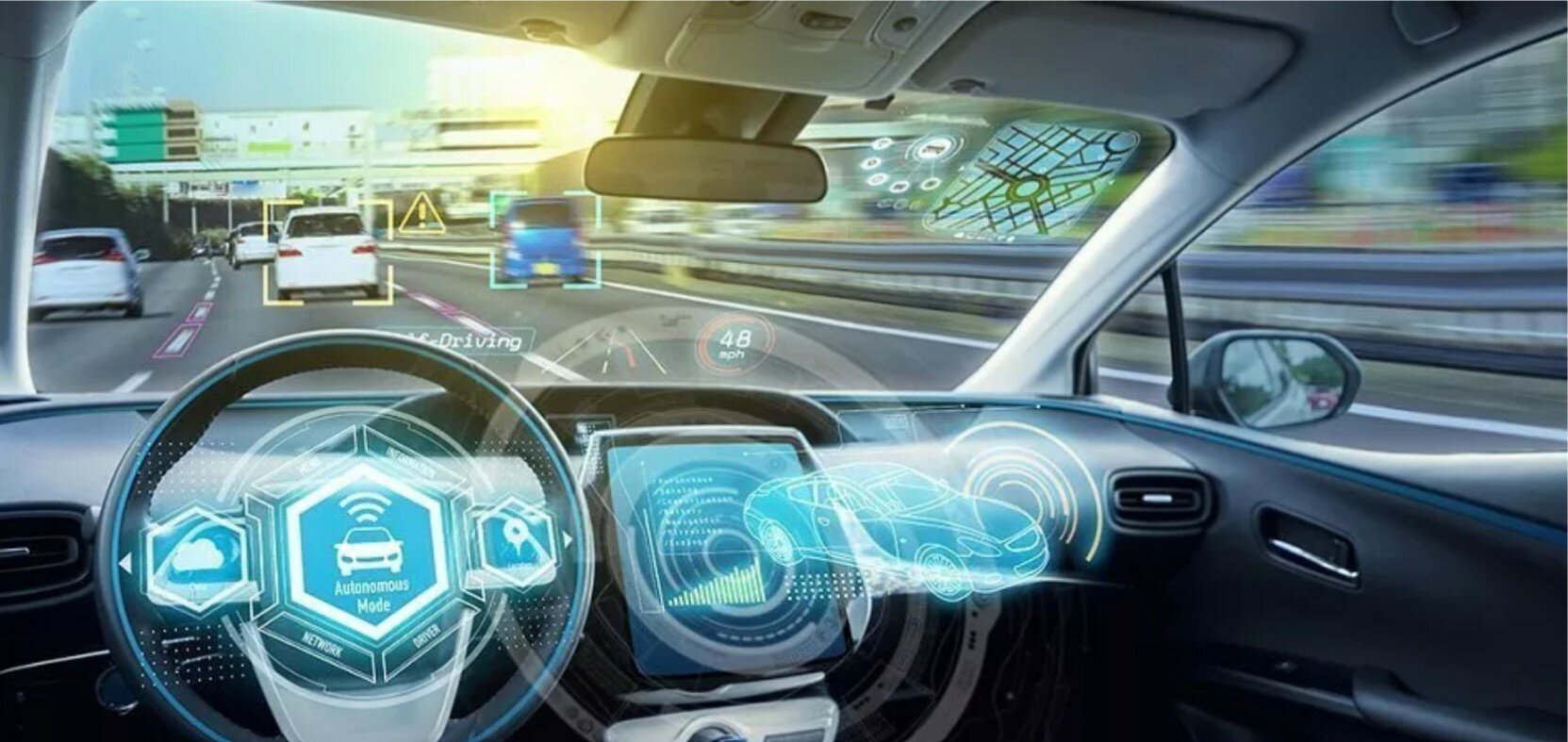In the last couple of years, the automotive sector has gone through a major change with the inclusion of smart car technologies based on Artificial Intelligence (AI) and the Internet of Things (IoT). New vehicle maintenance techniques and cutting-edge technologies have changed current vehicle maintenance practices, making them more efficient, predictive, and cost-effective. AI and IoT have completely changed the way vehicles are maintained and repaired, going from predictive maintenance to real-time diagnostics, to enable optimum performance and safety for drivers. In this article, we will discuss how artificial intelligence and the Internet of Things are changing vehicle maintenance and the advantages these bring to both car owners and car repair centers.
Leveraging IoT for real-time diagnostics
One of the crucial means by which AI and IoT are transforming the domain of vehicle maintenance is through predictive maintenance. In many cases, traditional maintenance schedules are based on mileage or time and they result in needless repairs or missing important problems. Today, with AI-based predictive maintenance systems, car scanning, and diagnostics can be processed in real-time, and data from different sensors are analyzed to predict when a component is likely to fail. This approach is utilized by the best car repairing service centers and is an ounce of prevention that prevents breakdowns, reduces downtime, and lengthens the operational life of vehicle components therefore car owners save time and money by employing this technique. Even when you appear far from home, let’s say in the UAE, car service in Dubai will fulfill all your requirements and will provide the highest level of service.
The AI can run algorithms that can analyze the huge data sets gathered from the embedded sensor data in the vehicles which includes the fuel consumption, engine performance, and the driving pattern to identify patterns and anomalies that may lead to the potential issues. With the use of machine learning algorithms, AI can learn from historical data and adopt a self-learning approach to gradually enhance its predictive capabilities, thus improving the accuracy of its maintenance suggestions over time. This predictive maintenance approach also ensures that vehicle reliability is enhanced as well as enabling repair shops to create personalized maintenance plans customized to the unique requirements of each vehicle.
Optimizing repair processes with AI and IoT
Yet another application of IoT in vehicle maintenance is predictive maintenance. IoT introduces real-time diagnostics and remote monitoring. The IoT devices installed in cars can communicate with the centralized system, thus an automobile mechanic from a distance can access diagnostic data and perform troubleshooting without physically seeing the car. Thanks to the integrated remote monitoring feature, car workshops, no matter if it is a car electrical repair in London, or a jeep service center Dubai, can easily identify problems and do their repair work quickly and efficiently, resulting in less time spent on repairs and car idle time.
IoT-empowered vehicles can transmit performance data in real-time to repair shops which gives mechanics valuable information about the vehicle’s health and operation. By measuring some of the indicators including engine temperature, oil pressure, and tire pressure among others, mechanics can reactively identify potential problems before the situations escalate. The real-time monitoring will not just boost vehicle safety but also the overall driving experience for car owners as they will be assured that their vehicles are in optimum condition all the time.
Enhancing inventory management with IoT
Another noteworthy advantage of AI and IoT in the maintenance of vehicles is the capability for optimization of repairs and inventory management. AI-based algorithms are capable of analyzing historical repair data, identifying common problems and recommending the most efficient repair solutions. Through simplifying repair procedures and uniforming maintenance operations, repair facilities can increase efficiency, decrease labor costs, and raise customer satisfaction levels.
The Internet of Things (IoT) -based inventory management systems can perform the function of tracking parts usage and ordering supplies when the inventory level is low. An automated inventory management process does this, such that the repair shops will have all the needed parts to carry out repairs speedily, thus, reducing the time wasted and enhancing customer service.
Conclusion: The future of vehicle maintenance with smart car technologies
As a result, in the vehicle maintenance area, AI and IoT technologies are transforming practices through predictive maintenance, real-time diagnostics, remote monitoring, and optimized repair processes. The use of these innovative technologies brings a lot of benefits to both car owners and repair shops, among them improved reliability, reduced downtime, personalized maintenance plans, improved safety, and operational efficiency. With the continuous development of smart car technologies, the automotive industry is expected to witness futuristic advancements in vehicle maintenance systems and bring about a more improved driving experience for car owners around the world.


